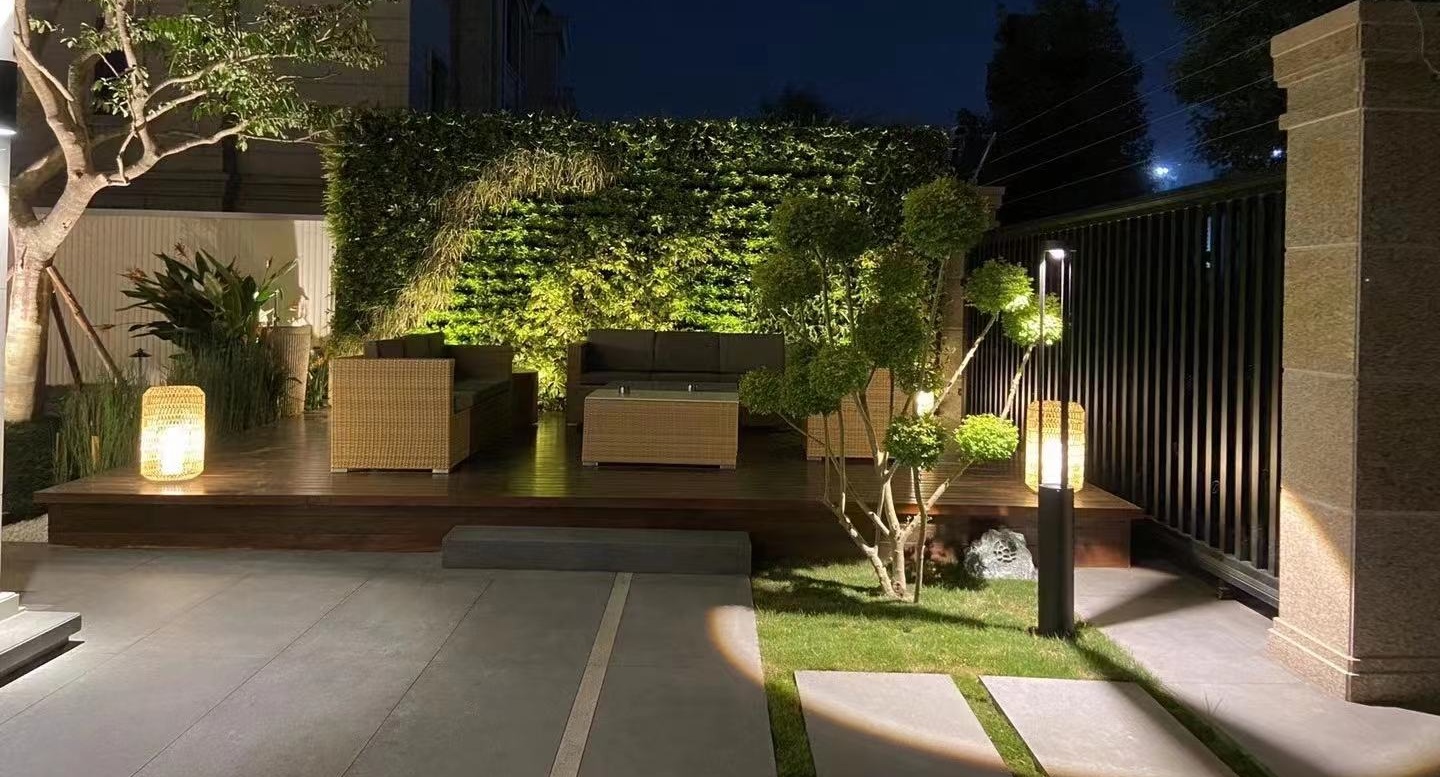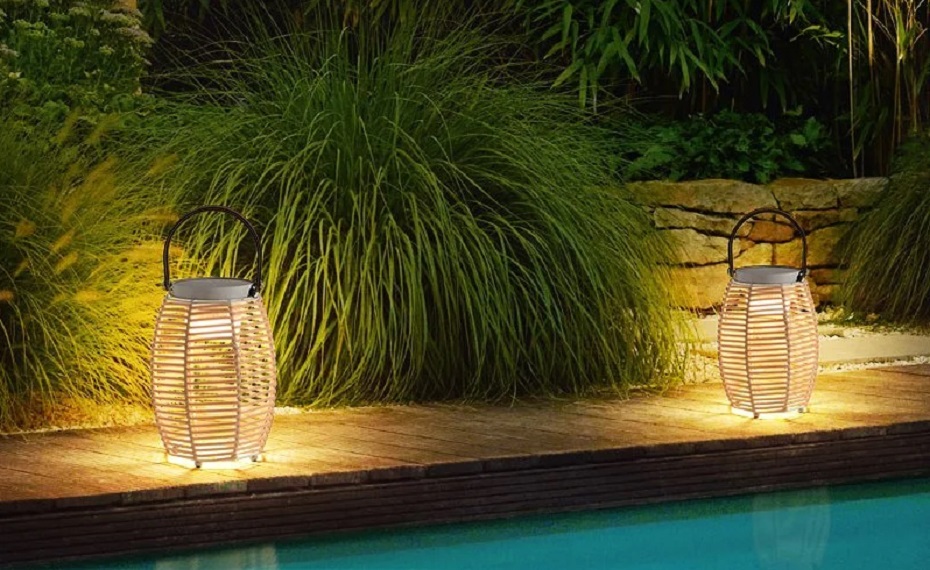Many people may be confused when choosing the lithium battery capacity for solar garden lights.
As one of the core components of solar garden lights, the capacity of lithium batteries directly affects the battery life and service life of the lamps. A reasonable lithium battery capacity selection can not only ensure that the lamps work normally at night and on rainy days, but also extend the overall life of the lamps and reduce maintenance costs. Therefore, understanding and correctly selecting the lithium battery capacity is crucial for the efficient operation of solar garden lights.
This article will explain in detail how to calculate and select the appropriate lithium battery capacity through key factors such as load power, rainy day backup requirements, and battery discharge depth to ensure that your solar garden lights can provide stable lighting services under various environmental conditions.

When choosing the lithium battery capacity of a solar garden light, you must first know the following key factors and calculation formulas:
1. Load power:
Load power refers to the power consumption of a solar garden light, usually in watts (W). The greater the power of the lamp, the higher the required battery capacity. Usually, the ratio of lamp power to battery capacity is 1:10. After determining the power of the lamp, the total power required per day can be calculated.
Formula: Daily power consumption (Wh) = power (W) × daily working time (h)
For example, assuming that the lamp power is 10W and runs for 8 hours a day, the daily power consumption is 10W × 8h = 80Wh.
2. Backup demand:
According to the lighting needs at night, the battery is usually required to support 8-12 hours of continuous work. Consider the local weather conditions and choose the battery capacity reasonably, especially the length of continuous rainy days. It is usually recommended that the lithium battery capacity can support 3-5 days of rainy day work.
Formula: Required battery capacity (Wh) = Daily power consumption (Wh) × Number of backup days
If the number of backup days is 3 days, the required battery capacity is 80Wh × 3 = 240Wh.
3. Battery discharge depth (DOD):
In order to extend the life of lithium batteries, batteries are generally not fully discharged. Assuming the discharge depth is 80%, the actual required battery capacity should be larger.
Formula: Actual battery capacity (Wh) = Required battery capacity (Wh) ÷ Depth of discharge (DOD)
If the discharge depth is 80%, the actual required battery capacity is 240Wh ÷ 0.8 = 300Wh.
4. Charging capacity of solar panels:
Ensure that the solar panel can fully charge the lithium battery within one day. The charging efficiency is affected by sunlight intensity, installation angle, season and shadow, and needs to be adjusted according to actual conditions.
5. Cost and benefit:
Under the premise of ensuring performance, reasonable control of battery capacity can reduce initial purchase costs, improve product cost performance, and achieve market sales success.
Through the above calculations, you can roughly calculate your demand data, and then go to find a suitable supplier.

If you are a wholesaler, distributor, online store seller or engineering project designer, you should consider the following key factors to ensure that the selected supplier can meet your business needs and provide a stable cooperative relationship:
1. Product quality and certification: Quality is the primary concern of customers. Make sure that the supplier's solar garden lights meet international standards and industry certifications, such as CE, RoHS, ISO, etc. High-quality products not only reduce after-sales problems, but also improve the satisfaction of end consumers.
2. Production capacity and delivery cycle: Understand the supplier's production scale and capacity to ensure that it can deliver large orders on time. At the same time, whether the supplier has the ability to cope with seasonal demand or sudden orders is also a key consideration for wholesalers and distributors.
3. Technical support and R&D capabilities: A supplier with R&D capabilities can launch new products based on market trends and customer needs and provide technical support. This is crucial to maintaining market competitiveness.
4. Price and cost-effectiveness: Wholesalers and distributors need to ensure that the supplier's pricing is reasonable and cost-effective. When comparing prices, you should also consider the quality of the product, after-sales service and the market reputation of the supplier.
5. After-sales service and warranty policy: Whether the supplier provides timely after-sales support. High-quality after-sales service and reasonable warranty policy can reduce the worries of wholesalers and distributors.
6. Logistics and supply chain management: The logistics capabilities of the supplier have an important impact on delivery time and inventory management. A supplier with a complete supply chain management system can help customers optimize inventory and reduce operating costs.
7. Supplier's reputation and market reputation: Understanding the supplier's reputation and credibility in the industry, especially the cooperation experience with other B-end customers, can help wholesalers and distributors reduce cooperation risks.
8. Product customization and innovation capabilities: Targeting specific market needs. Choosing suppliers with customization capabilities can provide differentiated products and increase market competitiveness.
By comprehensively considering these factors, customized battery configurations can be provided for different market needs, further improving the market adaptability and customer satisfaction of products.
As a direct manufacturer, XINSANXING can provide a full set of wholesale and customized service needs. Only professional suppliers can better cooperate with you to complete the project and make a profit.
If You Are in Business, You May Like
Post time: Aug-26-2024









